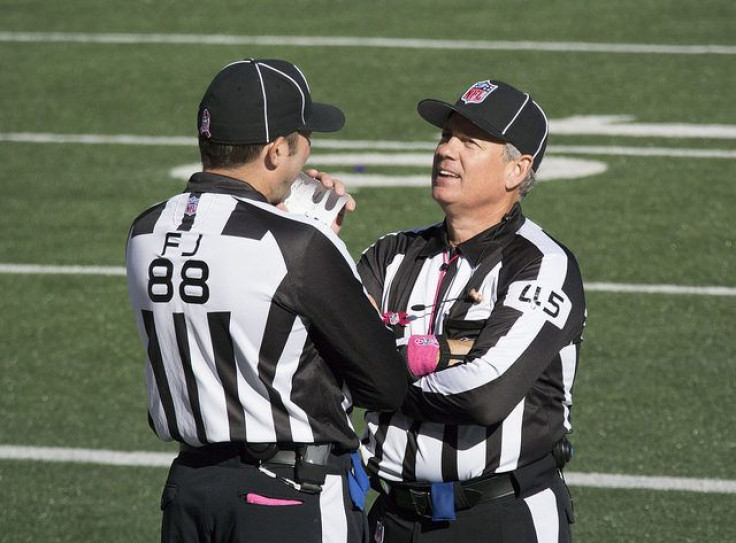Winners Who Outperform Others Are More Likely To Cheat In Future Competitions

Sure, everybody likes to win, but some people will turn nasty just to come out on top. Israeli researchers suggest dishonesty doesn't necessarily happen before the win, but after. People who have defeated another in some contest are more likely to cheat in the future, their new study reveals. What’s more, bad behavior in the aftermath of success is linked to the feelings competition arouses.
“When success is measured by social comparison, as is the case when winning a competition, dishonesty increases,” wrote the researchers. “When success does not involve social comparison, as is the case of meeting a set goal, dishonesty decreases.”
Preferential Treatment
Is the competitive spirit good or bad? According to the authors, “it is difficult to overstate the importance of competition in advancing economic growth, technological progress, wealth creation, social mobility, and greater equality.” Yet often people resort to unethical conduct in order to win. To gain insight into the nature of competitors, a pair of researchers from Ben-Gurion University and Hebrew University of Jerusalem conducted a series of experiments with student participants.
In the first study, students participated in two seemingly unrelated experiments. First, after being divided into pairs, the students competed against each other in estimating the number and type of objects appearing on their computer screens. The winners received ear buds. Next, in a second seemingly unrelated experiment, the students participated in a dice game. Grouped by the researchers into random couples, one of the students threw the dice, the other acted as a passive recipient. According to what each thrower (mis)reported, they earned money for these trials.
In the second study, a new group of students were asked to recall either a competition-winning experience or a goal-achievement experience from their past before participating in the dice game.
In a third study, a new group participated in a lottery to win earbuds before participating in the dice game. In a fourth study, a new round of participants answered trivia questions before participating in the dice game. And, in the final study, participants wrote about either a competition-winning or a goal-achievement experience and then filled out a psychological questionnaire before playing the dice game.
Overall, in the first two studies, the former winners were more likely to cheat and claim significantly more money than they’d earned, more than the control participants. By comparison, the losers' behavior matched that of control participants. Winning a competition apparently increased the likelihood of winners stealing money from another player in a subsequent unrelated task. The third and fourth iterations of this experiment demonstrated these same effects do not occur when success is a matter of chance or personal achievement.
The researchers say those who worked to meet a goal or won a lottery did not possess the same sense of entitlement as competition winners. Ultimately, it’s this “feeling that one is more deserving of preferential treatment than other people are” that drives dishonesty.
Source: Schurr A, Ritov I. Winning a competition predicts dishonest behavior. PNAS. 2016.



























